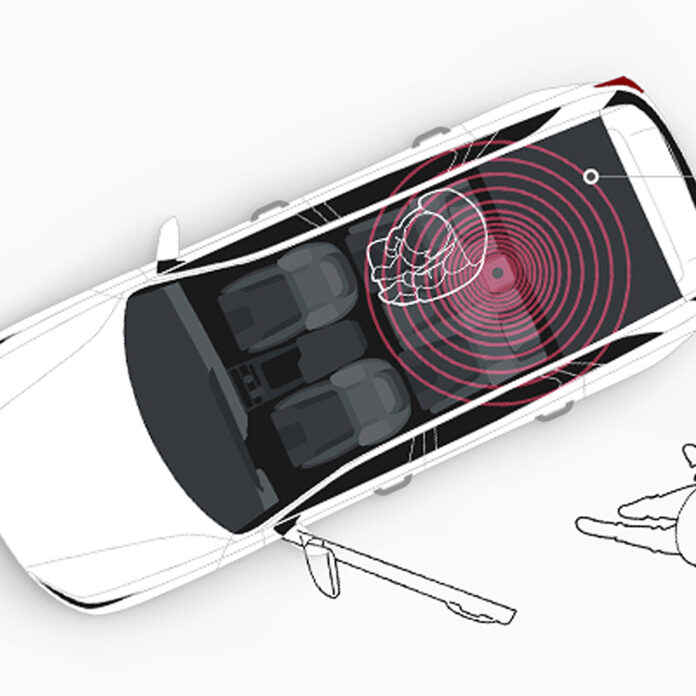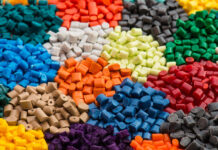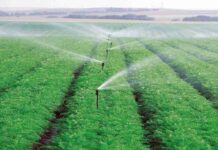BlueWeave Consulting, a leading strategic consulting and market research firm, in its recent study, estimated global automotive occupant sensing market size at USD 4.22 billion in 2022. During the forecast period between 2023 and 2029, global automotive occupant sensing market size is to grow at a robust CAGR of 7.03% reaching a value of USD 6.72 billion by 2029. Significant changes have been observed in the global automotive occupant sensing industry in recent years. The rising need for cutting-edge safety measures in cars is one noticeable trend. By incorporating occupant sensing systems, such as weight sensors, pressure sensors, and seatbelt sensors, into their vehicles, automakers are placing a higher priority on passenger safety. The usage of intelligent airbag systems, which deploy airbags more efficiently based on the size, position, and weight of the occupants, is another trend that is becoming more prevalent. Also, there is a growing emphasis on creating occupant sensing systems that can identify not just human occupants but also objects like pets left inside the car, improving safety and lowering the likelihood of accidents.
Global Automotive Occupant Sensing Market – Overview
The technologies and systems used in vehicles to detect the presence, position, and characteristics of occupants within the vehicle’s interior are referred to as automotive occupant sensing. To identify the number of occupants, their size, weight, and seating postures, these systems typically use a mix of sensors and algorithms. The major goal of automobile occupant sensing is to improve safety by allowing correct deployment and control of vehicle restraint devices like airbags. The system may adjust the deployment of airbags, seat belt pre-tensioners, and other safety elements to provide optimal protection during a crash or sudden maneuver while minimizing the risk of injury to occupants by properly identifying the occupants and their traits.
Sample Request @ https://www.blueweaveconsulting.com/report/automotive-occupant-sensing-market/report-sample
Impact of COVID-19 on Global Automotive Occupant Sensing Market
The global automotive occupant sensing market experienced significant disruptions due to the COVID-19 pandemic. As governments implemented stringent lockdown measures and restricted mobility, automotive production, and sales faced a sharp decline, negatively impacting the demand for occupant sensing technologies. With reduced consumer spending and financial uncertainties, the automotive industry witnessed a slowdown, leading to deferred investments in advanced safety systems. Also, supply chain disruptions and manufacturing halts hampered the production and distribution of occupant sensing components, affecting the market’s growth. However, as the world gradually recovers from the pandemic, the market is expected to regain momentum as the automotive industry rebounds and prioritizes safety technologies.
Global Automotive Occupant Sensing Market – By Type
On the basis of type, the global automotive occupant sensing market is divided into Cameras, Strain Gauges, Pressure Mats, and Ultrasonic Sensors. The largest segment is cameras. Cameras are widely used for occupant sensing due to their versatility, accuracy, and ability to capture real-time data. They can detect and track occupants’ movements, gestures, and positions, enabling advanced safety features such as seatbelt reminders, airbag deployment optimization, and driver monitoring systems. While other technologies like strain gauges, pressure mats, and ultrasonic sensors also play a significant role, cameras dominate the market with their advanced capabilities and widespread adoption in modern vehicles.
Competitive Landscape
Global automotive occupant sensing market is fiercely competitive. Major companies in the market include Takata Corporation, Autoliv Inc., Robert Bosch, Continental AG, Delphi Automotive PLC, Hyundai Mobis Co., Ltd., Key Safety Systems Inc., Lear Corporation, ZF Friedrichshafen AG, and Volvo. Companies use various strategies, including increasing investments in their R&D activities, mergers, and acquisitions, joint ventures, collaborations, licensing agreements, and new product and service releases to further strengthen their position in global automotive occupant sensing market.
Contact Us:
BlueWeave Consulting & Research Pvt. Ltd
+1 866 658 6826 | +1 425 320 4776 | +44 1865 60 0662












